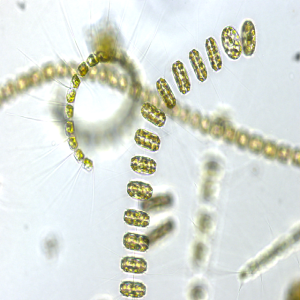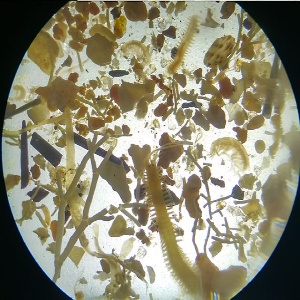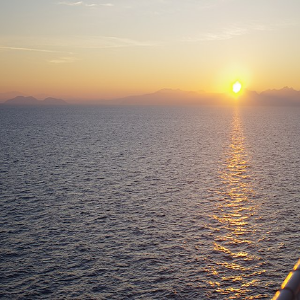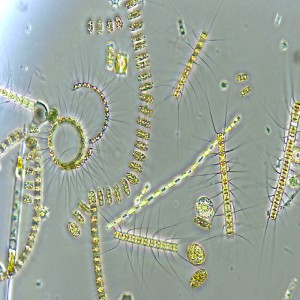Towards the implementation of the Water Framework Directive in Mediterranean transitional waters: the use of macroinvertebrates as biological quality elements
Submitted: 8 June 2015
Accepted: 8 June 2015
Published: 20 November 2013
Accepted: 8 June 2015
Abstract Views: 1867
HTML: 209
Publisher's note
All claims expressed in this article are solely those of the authors and do not necessarily represent those of their affiliated organizations, or those of the publisher, the editors and the reviewers. Any product that may be evaluated in this article or claim that may be made by its manufacturer is not guaranteed or endorsed by the publisher.
All claims expressed in this article are solely those of the authors and do not necessarily represent those of their affiliated organizations, or those of the publisher, the editors and the reviewers. Any product that may be evaluated in this article or claim that may be made by its manufacturer is not guaranteed or endorsed by the publisher.
Cabana, D., Sigala, K., Nicolaidou, A., & Reizopoulou, S. (2013). Towards the implementation of the Water Framework Directive in Mediterranean transitional waters: the use of macroinvertebrates as biological quality elements. Advances in Oceanography and Limnology, 4(2), 212–240. https://doi.org/10.4081/aiol.2013.5345
PAGEPress has chosen to apply the Creative Commons Attribution NonCommercial 4.0 International License (CC BY-NC 4.0) to all manuscripts to be published.



 https://doi.org/10.4081/aiol.2013.5345
https://doi.org/10.4081/aiol.2013.5345







